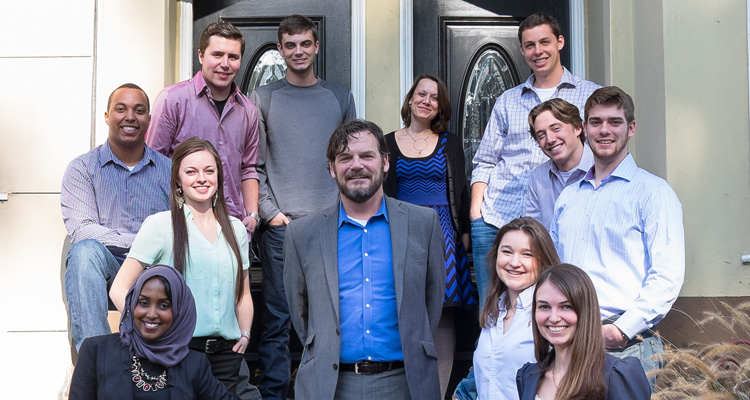The Silicon Valley Immersion class is over and everyone is catching their breath from a busy and exhilarating experience.
We set out with a few goals in mind for the Silicon Valley Immersion Class: inspire students to dream bigger, and give them the confidence and tools to pursue those dreams. Along the way, we also hoped to instill in them a more developed understanding of how businesses are created in this new economy, how those skill sets translate to the changing job market, and how to prepare themselves for either path.
We came home with seedlings that carry the DNA of creative problem-solvers and critical thinkers. They carry the DNA of teamwork, an understanding of what a high performing innovation team looks like, and the challenge of managing those teams. Most importantly, they have connected with what it means to live a life solving problems that matter to them.
Learning occurs in the space where we are stretched, challenged or even frustrated. The students experienced all of this, but they never buckled at the knees, they never gave up. Like the Tommies we expect them to be, they hung in and made exceptional progress with their projects. They had to trust their leaders, sometimes follow blindly and make themselves vulnerable, but they came home better people for the experience; a greater sense of humility, humanity and work ethic.
Perhaps the single most profound point of learning from the San Francisco/Silicon Valley culture, which applies to all of life, not just entrepreneurship, is the culture of failure. One of our students, Kate Segrin, said it best, “There is a different definition of failure in Minnesota. Here in Silicon Valley it’s a celebration for learning.”
This mentality and process is already implemented directly in our coursework. This semester I redeveloped the Entrepreneurship undergraduate capstone into a Design Thinking and Lean Startup applied research course, with a focus on finding novel solutions to problems that matter, and then addressing the business models. Likewise, Dr. Jay Ebben is approaching our graduate-level New Venture Strategies course with similar methods, while revamping our undergraduate Entrepreneurial Finance course to further reflect the need for a more applied approach to the topic. Dr. Laura Dunham continues to evolve her Entrepreneurial Marketing course with Design Thinking methods to problem solving.
The experiences from Silicon Valley, and ongoing curriculum development inspired by these experiences, is accelerating rapidly to meet the career interests and job market demands of our students at the University of Saint Thomas.







